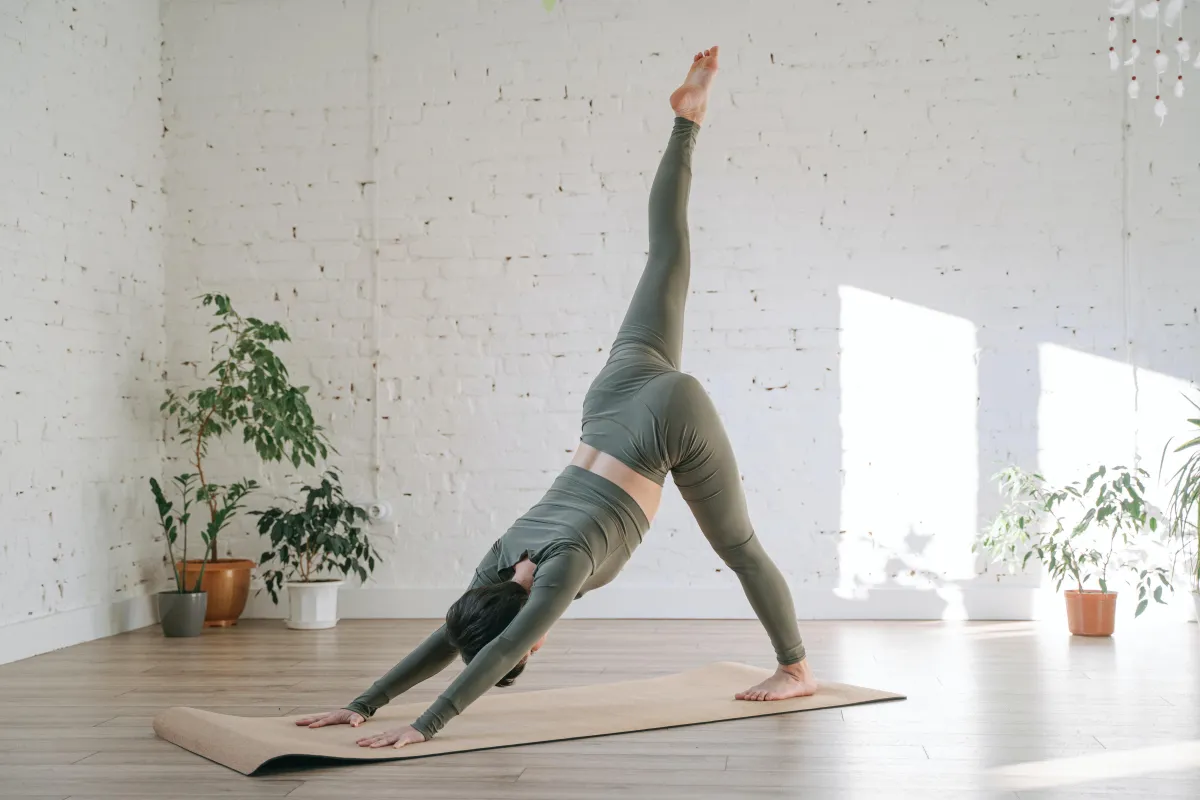OUR RECENT POSTS

How to Create a Calming Environment at Home for Better Stress Relief
Stress can build quickly when the home feels chaotic, cramped, or overstimulating. A calming environment helps reset the mind, steady your thoughts, and provide a sense of ease. Small adjustments can make a noticeable difference, helping your home feel more peaceful and supportive throughout the day.
1. Use Soft, Warm Lighting
Harsh lighting can heighten tension, while soft, warm lighting helps settle the atmosphere. Choose table lamps, warm-toned LED bulbs, or string lights to gently brighten a room without overwhelming your senses. Dimmer switches are also helpful for adjusting light levels based on your mood and time of day.
2. Add Calming Scents and Natural Elements
Aromas play a strong role in stress management. Scents like lavender, chamomile, and eucalyptus help you wind down and create a soothing environment. Essential oil diffusers, scented candles, or incense sticks work well in living areas, bedrooms, or workspaces.
Bringing in natural elements—plants, wooden textures, or simple greenery—adds softness to your surroundings and supports relaxation. Even one plant can freshen the atmosphere and create a peaceful visual focus.
3. Keep Your Space Decluttered and Organized
Visual clutter creates mental clutter. A cleaner environment allows your mind to settle and focus more easily. Start with one area at a time—your desk, bedside table, or living room shelf—and remove items you no longer need. Clear surfaces and organized storage help create breathing room in your space and support a calmer mindset.
4. Choose Colors That Soothe the Mind
Colors influence emotions more than many people realize. Soft neutrals, earthy tones, and muted blues or greens tend to give a steady, grounded feel. Changing an entire room isn’t required—simple adjustments like new pillowcases, curtains, or décor accents can soften the overall atmosphere.
5. Create a Small Space Dedicated to Quiet Time
Even a small corner can become a peaceful retreat. Add a comfortable cushion, blanket, or soft rug, and keep it free from distractions. This space can be used for reading, breathing exercises, reflection, stretching, or gentle movement.
If you’re looking to build a routine that supports calm, consider exploringonline yoga training courses from ULU Yoga. These programs can help bring grounded, steady practices into your home environment.
6. Add Soothing Sounds or Quiet Background Music
Sound has a powerful effect on stress levels. Soft music, gentle nature sounds, or calming white noise can shift the mood of a room instantly. Choose audio that feels relaxing—something slow, steady, and peaceful. Playing it at a low volume helps maintain a calm background atmosphere without distraction.
7. Keep Your Home Well-Ventilated
Fresh air helps clear both your space and your mind. Opening windows for even a few minutes can refresh the energy in a room and make the environment feel lighter. Good airflow supports better focus, reduces stuffy air, and creates a more breathable space.
8. Incorporate Simple Routines That Promote Calm
Your environment works best when paired with habits that support relaxation. A few ideas include:
Gentle stretching before bed
Slow breathing exercises
Light morning movement
Afternoon quiet breaks
Short meditation sessions
These moments help your mind associate the home with calm and quiet, even on busy days.
Creating a calming environment doesn’t require large changes. Small, thoughtful adjustments—soft lighting, peaceful scents, simple organization, and dedicated quiet spaces—can help your home feel comforting and supportive. Over time, these practices help reduce stress and bring more balance to your everyday life.
One or more of the links above are affiliate links, meaning, at no additional cost to you, we will earn a slight commission if you click through and make a purchase. Each of these products is chosen by a trusted member of our team.



Email: partnerships@beyondbluehealth.com
Site: www.beyondbluehealth.com
